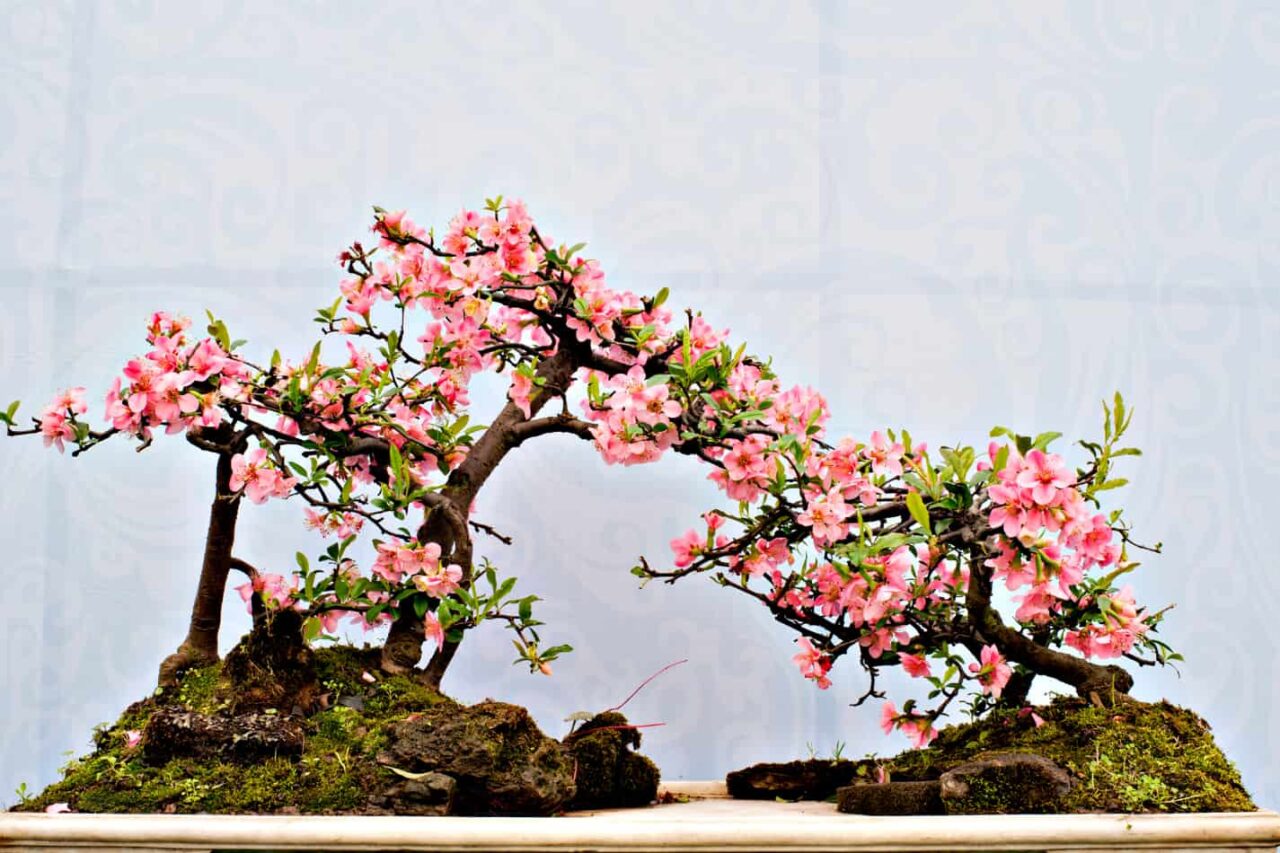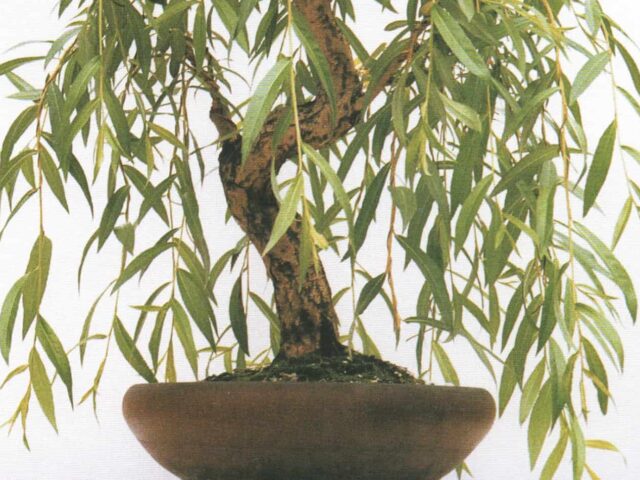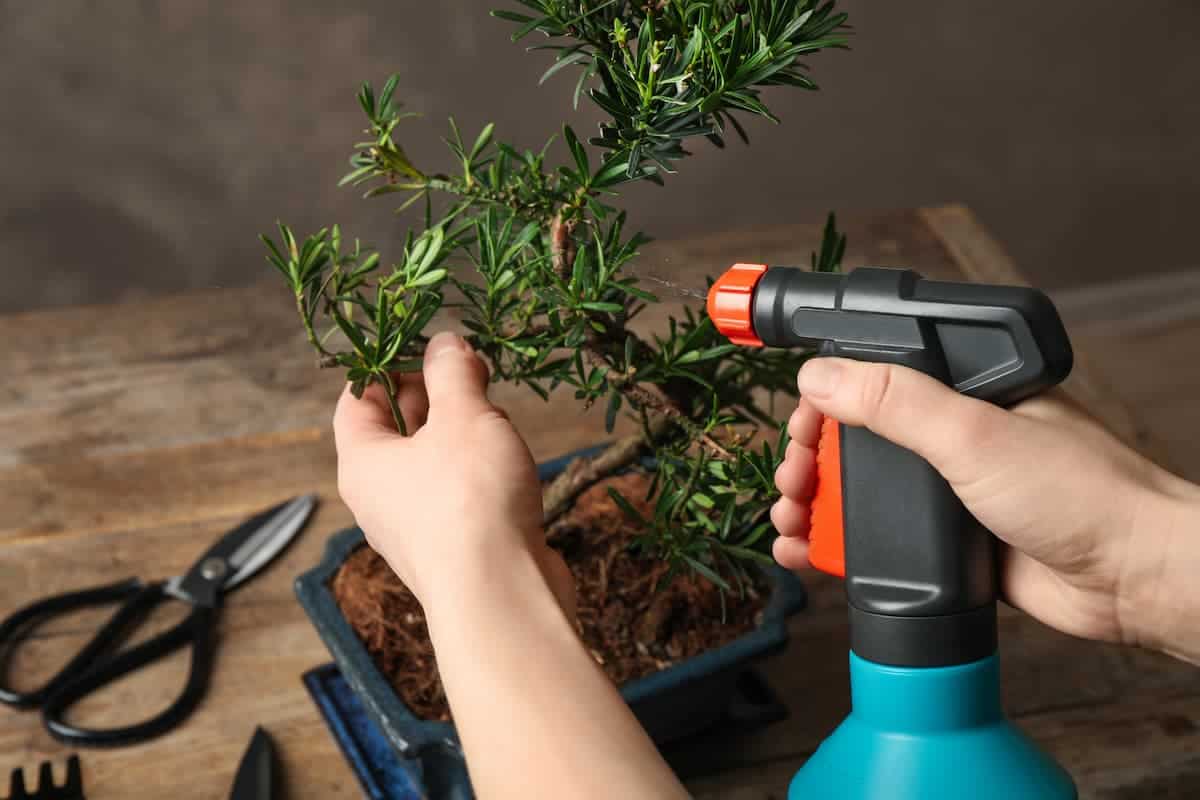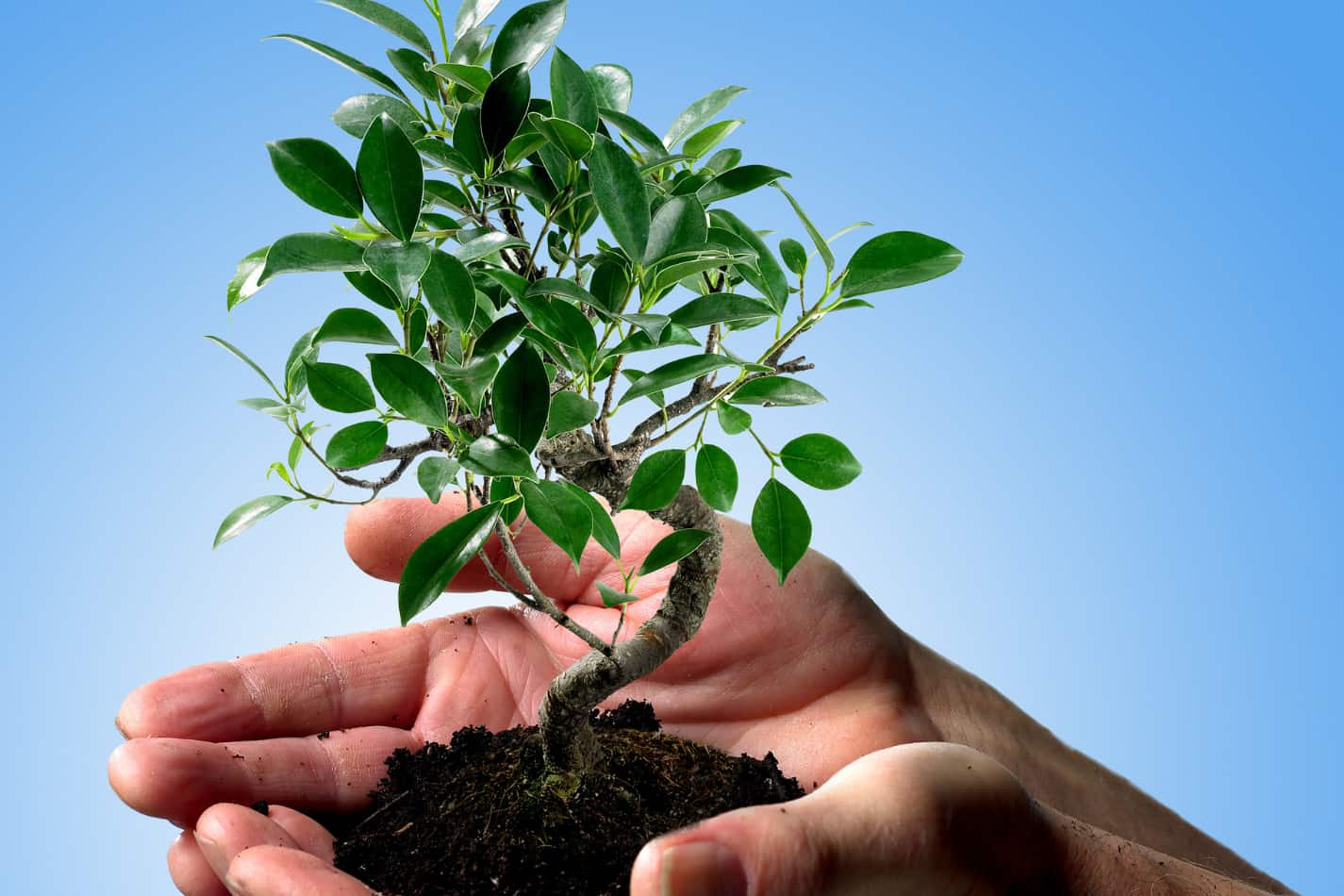The world is full of amazing creations. But I’m sure you cannot name things as peaceful, soothing, and elegant as a bonsai tree. It is impossible to not be fascinated by these miniature trees. So have you ever wondered – is bonsai an expensive hobby?
The short answer to your question is yes, it is expensive, but not in monetary terms alone. The cost of this hobby lies in the time, dedication, hard work, and perseverance that you need to invest in before getting the results. Expenses are high as well, but they can be minimized.
The hobby of growing bonsai trees is euphoric and extremely rewarding. So if you have an interest in this field, find out below the specifics of bonsai as a hobby.

How Expensive Is Bonsai?
It is pretty commonly heard that growing bonsai trees is expensive. But there is much more to it than meets the eye. Growing bonsai is a journey, and sometimes the cost cannot be measured in currency but rather in time, labor, and determination.
To estimate the cost, we first need to understand the underlying reasons for high expenses. Bonsai trees can be grown and collected in two ways:
- From seed or seedling collected naturally
- From fields or nurseries where Bonsai is grown
In both these circumstances, there is a varying degree of cost. Firstly, seeds or saplings can be collected from anywhere, be it near you or from the other side of the globe. That’s because bonsai seeds are the same as any other seeds, there is no difference. Naturally, collecting trees is considered one of the prime essences of this hobby, known as Yamadori.
But there are special and unique varieties of bonsai that need to be collected very meticulously. These particular varieties of trees are rare and found in difficult-to-reach places like high cliffs, jungles, etc. As a result, the prices of these seeds have become very high.
Secondly, in the case of nurseries, collecting trees from them can also get very expensive. These field-grown trees may haven’t been collected from faraway places, but they needed a whole lot more.
Bonsai trees are special because of the technique that is used to keep them small, indoor-friendly, and beautifully shaped. This living, breathing piece of art takes a lot of dedication and hard work.
It needs daily nurturing, water, nutrients, and, of course, an ample amount of sunlight. The time and effort behind these trees make them very expensive to buy.
Despite the initial costs that a hobbyist, such as yourself, needs to allocate, a lot more adds up later. The shipping cost of a tree, for instance, can be very expensive – sometimes reaching 4 times the cost of the tree. The further accessories that you will need, like pots, equipment, nutrients, etc. will also cost you.
This labor-intensive ordeal may result in a lot of unexpected expenditure as well. Just like any other plant, bonsai is also susceptible to mold and diseases. As delicate as they are, immediate action and proper steps are a must. Given these conditions, it is more than likely that these treatments will be expensive.
Pest attacks are also common occurrences that may hamper the healthy growth of your bonsai trees. You would need to provide additional elements for your plant along with the time, knowledge, and patience it needs to recover.
Even after such expenses, perhaps the most crucial aspect of growing bonsai is the knowledge, perseverance, and commitment to this task. That’s why it is also possible to begin this hobby without breaking your bank.
For an inexpensive workaround, you can start by harvesting seeds near your home. It is also possible to purchase a small bonsai, a basic juniper. Scavenging the local department store for a few rudimentary hardware items like wiring tools and trimmers will save you a lot. It’s a good alternative to buying expensive tools.
Benefits Of Bonsai As A Hobby
The practice of growing bonsai trees provides a lot of perks for the owner and the people around. It brings an atmosphere of positivity around the house. As an indoor plant, it becomes a part of the family.
A plant helps purify the air around the house. The more you’re surrounded by greenery, the more oxygen you have at your disposal. Bonsai trees can also maintain humidity indoors. With increased humidity, you and your family are less likely to suffer from sore throats, dry skin, and coughs.
On an individual level, bonsai trees are great alleviators of stress. Nurturing and spending time with your bonsai can be therapeutic and relieve the stress of daily life. It also incites a developing sense of patience, creativity, self-confidence, and consistency with your duties.
All in all, the presence of a bonsai tree directly affects the general well-being of the household. It helps you grow a sense of belonging in your home while you grow as an individual.
How To Get Started With The Bonsai Hobby?
You need to get your priorities straight before venturing into this hobby. First, you should decide whether you want an indoor or outdoor bonsai. This will affect your choice of seed or plant.
Once decided, you need to gather knowledge about different techniques for shaping, cultivating and caring for bonsai. This is a pivotal aspect of this hobby.
Growing bonsai from seed will take 3-5 years for it to start looking like one. If you want a faster way, you can purchase a fully grown bonsai from a nursery.
A basic rule of thumb is to always moisten the soil around the plant regularly. Furthermore, common fertilizers for houseplants should not be used on bonsai trees. Special water-based additive fertilizers can be used twice every month.
An indispensable part of growing bonsai is the period of trimming and wiring. It is the time of the year when the actual art of bonsai growing settles in. The timing is different for each plant, and it should be done very carefully.
Can Bonsai Be A Profession?
A professional at growing bonsai is called a “bonsai culturist.” Growing bonsai can be a very good choice as a profession if you are invested in this form of art. You can become a professional in this line of work by opening up your own business.
To become a professional, you can attend community colleges or universities and participate in workshops in bonsai. Having a horticulture background might also come in handy.
As it is applicable to all sorts of entrepreneurship, a plan of action, targeted consumers, and method of operations must be fortified. You also need the ability to attract customers like hobbyists, home gardeners, or even gift-givers to boost your business.
Is Growing Bonsai The Right Hobby For You?
Bonsai as a hobby is not an easy experience. There will be tiresome moments with a lot of pressure to nurture your plant. The persistence of taking care of your bonsai tree might seem overwhelming at times.
Growing bonsai can be the right hobby for you if you:
- Value the essence of a living piece of art
- Love to enjoy the grind
- Have time, creativity, patience, and dedication
If you do not meet these criteria, it is best to find something else for yourself.
Conclusion
The practice of growing bonsai trees has been around for centuries. It’s the hobbyists that have preserved this evergreen craft. I hope we were able to answer your question – is bonsai an expensive hobby? All the best for your miniature pal!





